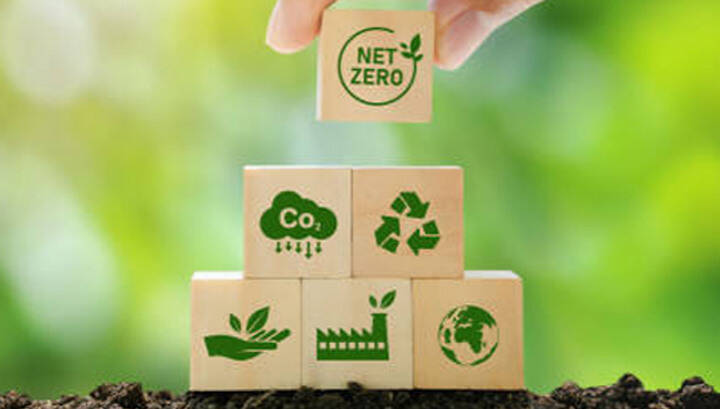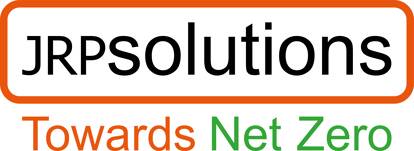We’ve been made aware of a worrying number of examples lately of ‘experts’ not having the depth of knowledge that they need to be advising organisations on their Net Zero strategy. Misleading, incomplete or simply incorrect information has been given to clients who don’t have the depth of understanding of the issues to recognise these knowledge gaps.

Carbon consultants come in many guises these days, usually depending on how they entered the market in the first place. They may call themselves energy, sustainability, environmental and social governance (ESG), Net Zero, consultants, or even just carbon consultants.
Any organisation that hasn’t been hiding under a stone for the last 2 years will be aware of the pressing need to reduce greenhouse gas emissions and to become Net Zero by 2050 at the very latest, and preferably before. Most organisations will not have all the expertise required in-house to be able to plan the journey to Net Zero without the advice and support of an external expert.
But how can you make sure that the expert you appoint is qualified to give your organisation this advice and support?
We’ve been made aware of a worrying number of examples lately of ‘experts’ not having the depth of knowledge that they need to be advising organisations on their Net Zero strategy. Misleading, incomplete or simply incorrect information has been given to clients who don’t have the depth of understanding of the issues to recognise these knowledge gaps.
In one example, a consultant was offering free advice, but their recommendations included the installation of a piece of equipment which, what do you know, they could supply. The moral of this story is to use consultants that are supplier and technology agnostic and who will give you impartial advice.
In another example, an ‘expert’ did not understand what parts of an organisation’s activities fell into which scope and did not include Scope 3 in their proposal. In another example, an ‘expert’ did not understand what parts of an organisation’s activities fell into which scope and did not include Scope 3 in their proposal.
Finally, and very recently, another expert was presenting in a webinar and gave incorrect information which referred to out of date standards for measuring an organisation’s carbon footprint. We have so many examples, but what can be done and why should you care?
So the conundrum is this: If the experts don’t know what they don’t know, and the clients don’t know what they don’t know, why does it matter? Neither party will know any different and so will be satisfied in their oblivion to the reality and veracity of their plans and claims. But we will all be losers in the end because emissions will not be reduced to the levels required, and at the rate of reduction necessary to halt climate change and we won’t know this until universally accepted standards for verification are enforced and then it will be too late.
For anyone in any doubt, if you are appointing a consultant to help you, they should be working to the GHG Protocol’s Standards and Guidance. The GHG Protocol is the ‘gold standard’ and the globally recognised way to compile your inventory and account for your GHG emissions. It is reinforced by the ISO 14000 series of standards and the excellent, freely available advice and resources from the Science Based Targets initiative; which is itself a heavyweight global partnership comprising the World Resources Institute (who created the GHG Protocol), the Carbon Disclosure Project, Worldwide Fund for Nature and the United Nations Global Compact (UNGC). Notably, there is an imminent global Net Zero standard, ISO 14068 reaching the final stages of development as part of the ISO 14000 series.
The GHG Accounting and Reporting Standards and guidance documents all together are over 800 pages long – your consultant should be familiar with all of it, including the 15 categories of scope 3. This knowledge, plus a good measure of experience in applying it, is where the expertise comes from that entitles someone to call themselves a specialist Net Zero or carbon consultant. The GHG Accounting and Reporting Standards and guidance documents all together are over 800 pages long – your consultant should be familiar with all of it, including the 15 categories of scope 3. This knowledge, plus a good measure of experience in applying it, is where the expertise comes from that entitles someone to call themselves a specialist Net Zero or carbon consultant.
So, how can you know? Click here to see the 5 top questions to ask your sustainability consultant.
A good consultant will not shy away from answering these questions and will understand the importance of being able to answer them. If they cannot, you are probably not speaking to an experienced specialist.
For more information, call 0800 6127 567 or email info@jrpsolutions.com.
N.B. The information contained in this entry is provided by the above supplier, and does not necessarily reflect the views and opinions of the publisher


